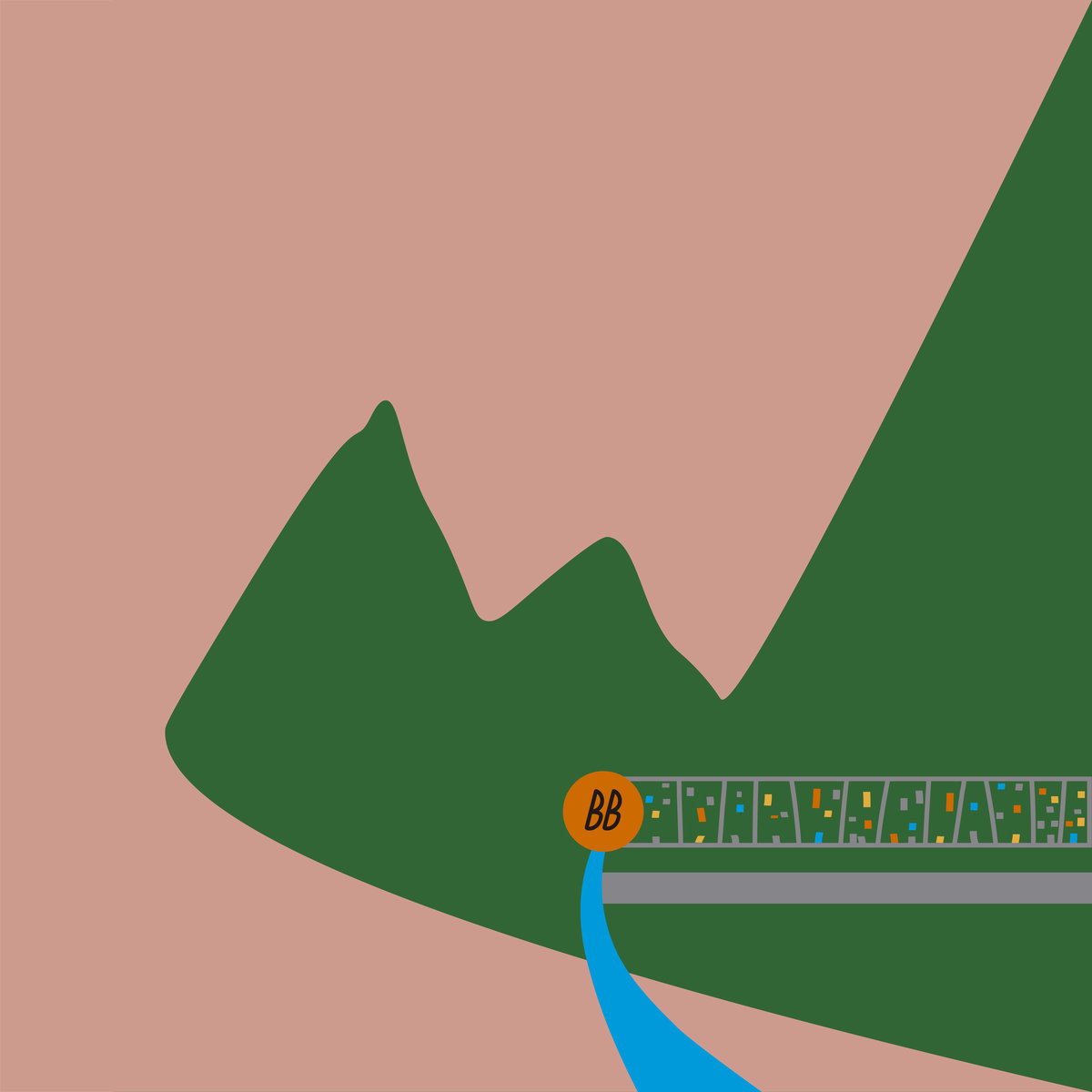The Monks
"... no one ever came up with a whole album of such dementia. The Monks' Black Monk Time is a gem born of isolation and the horrible deep-down knowledge that no-one is really listening to what your [sic] saying. And the Monks took full artistic advantage of their lucky/unlucky position as American rockers in a country that was desperate for the real thing. They wrote songs that would have been horribly mutilated by arrangers and producers had they been back in America. But there was no need for them to clean up their act, as the Beatles and others had had to do on returning home, for there were no artistic constraints in a country that liked the sound of beat music but had no idea about its lyric content..."
Krautrocksampler: One Head's Guide to the Great Kosmische Musik - 1968 Onwards. 3rd ed. Head Heritage, 1996. p. 7

1966 black monk time


































































































